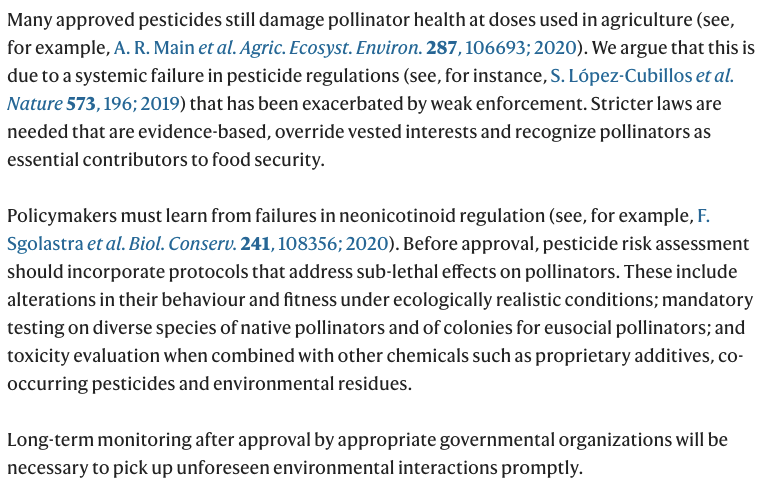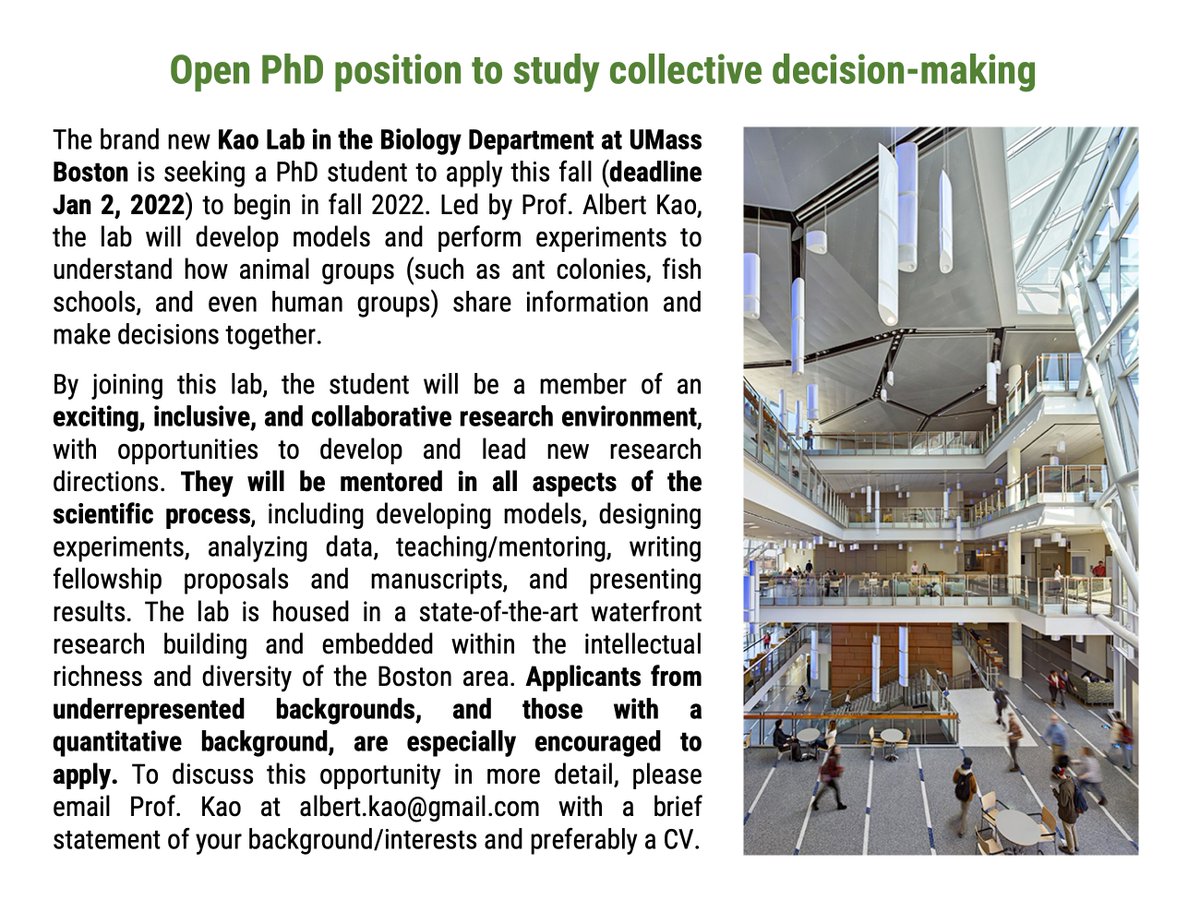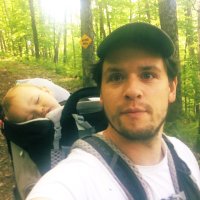
James Roberts Crall
@jamesdcrall
biologist, dad, husband, he/him. Asst Prof, UW-Madison Department of Entomology
ID: 1173853800
http://jamesdcrall.com 13-02-2013 04:17:45
155 Tweet
503 Followers
413 Following


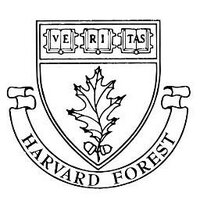
We're hiring for a new senior ecologist! Open to all disciplines & post-post-doc career stages. And, for the first time ever, we're hosting a webinar info session and Q&A about the position (you can attend and ask Qs anonymously) on July 20 at 2:00pm EDT. harvardforest.fas.harvard.edu/ScientistSearch

Come join us!! Our department (Entomology UW–Madison ) is hiring a vector biologist/ecologist. A welcoming, collaborative department, and Madison is great!
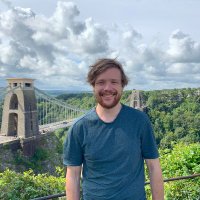
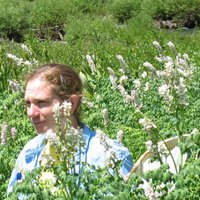

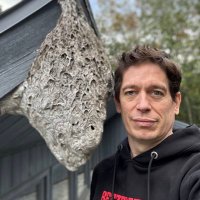

Our newest paper on the physiological costs of undocumented human migration is out in Science Magazine today. Special thanks to the incredibly diverse set of co-authors that had to team up to make this work happen. More on the details of the study soon. science.org/doi/10.1126/sc…
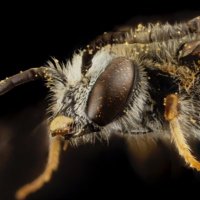

Our review (with Nigel Raine) on the complex effects of neonicotinoids on social insects out now in Advances in Insect Physiology! We look at what we know after decades of research, as well as the many important knowledge gaps that remain. sciencedirect.com/science/articl…


Out today in Proc B Royal Society Publishing: "Colony size buffers interactions between neonicotinoid exposure and cold stress in bumblebees". We combined automated behavioral and thermal tracking to understand why small bee colonies are more sensitive to stress royalsocietypublishing.org/doi/10.1098/rs…




